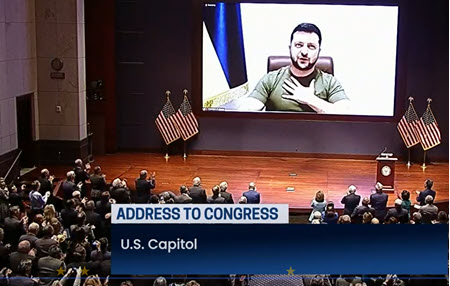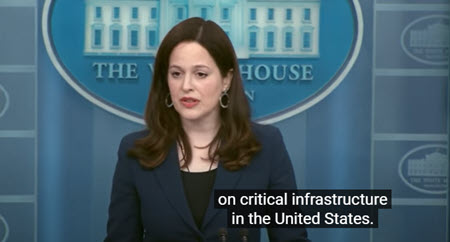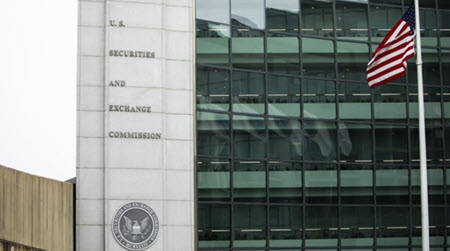Lieutenant Colonel (Ret.) Alexander Vindman, Senior Advisor of VetVoice Foundation, today discussed the conflict in Ukraine during a Real Estate Roundtable virtual town hall. In recent years, Vindman served on the White House’s National Security Council as the Director for Eastern Europe, the Caucasus, and Russia. (Watch video discussion)
Focus on Ukraine
U.S. Support

White House CyberSecurity Warning

The Real Estate Roundtable’s Homeland Security Task Force and the Real Estate Information Sharing and Analysis Center (RE-ISAC) continue to work with its members, key law enforcement and intelligence agencies to help manage and mitigate cyber and physical threats to the commercial facilities sector. (Information on joining the RE-ISAC and Roundtable Weekly, March 4)
# # #
 The U.S. Securities and Exchange Commission (SEC) issued an anticipated proposed rule on March 21 regarding the reporting and disclosure of material corporate financial risks related to climate change. (GlobeSt, March 22 and Roundtable Fact Sheet, March 25)
Expanded Climate Disclosures
The U.S. Securities and Exchange Commission (SEC) issued an anticipated proposed rule on March 21 regarding the reporting and disclosure of material corporate financial risks related to climate change. (GlobeSt, March 22 and Roundtable Fact Sheet, March 25)
Expanded Climate Disclosures


The Real Estate Roundtable on March 21 submitted comments to the Securities and Exchange Commission (SEC) opposing a proposal that would impose new reporting requirements on real estate investment and private equity advisers, including a mandate to file reports within one business day of certain events. The proposal “presents significant compliance and operational challenges for private real estate fund sponsors, with no added benefit to investors and no relation to the intent of Form PF in monitoring systemic risk,” according to The Roundtable’s letter.
Cost and Timing Burdens
The Roundtable’s Response

A March 16 analysis of the proposed SEC amendments on Form PF is available from Dechert LLP. The Roundtable’s Real Estate Capital Policy Advisory Committee (RECPAC) will continue to respond to the SEC’s various proposed regulatory initiatives with its industry and coalition partners.
# # #